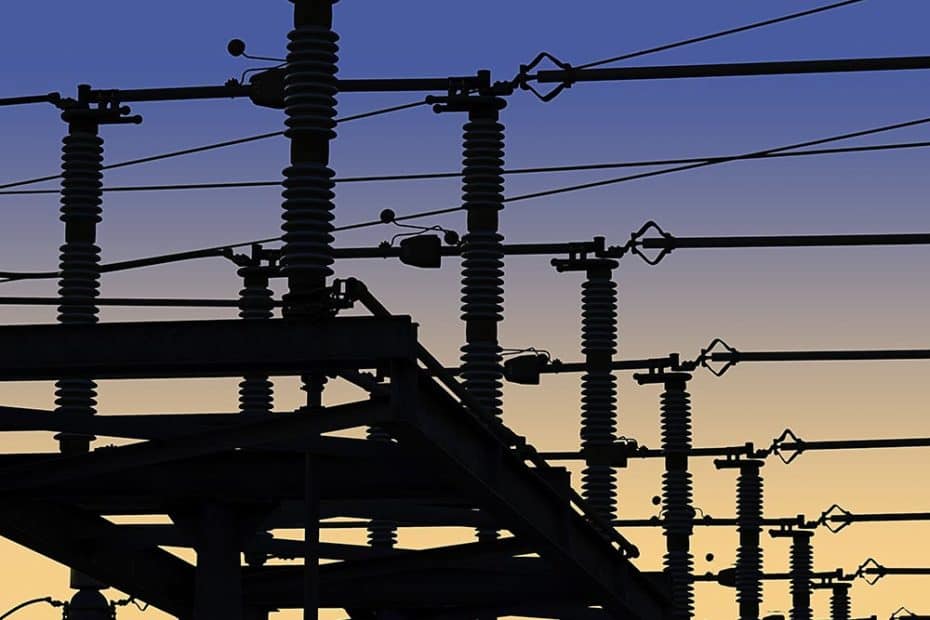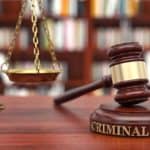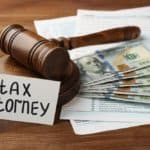Injuries that happen as a result of a power failure can feel heartbreaking. Often, clients are at the mercy of the electric companies and can do very little if they fail to provide them with power. While there are certainly ways to prepare yourself in case of a power outage, the preparations that need to be done aren’t always possible or even practical.
So, if you get injured as a result of a power failure, who can you hold liable? Is the electric company responsible? Or someone else? This article will explore past cases of personal injury claims filed against electric companies and instances where other parties may be held responsible.
Is the Electric Company Liable?
Several recent examples of claims are filed against electric companies due to losses and injury resulting from a power failure. In October of 2017, 146 claims were filed against Pacific Gas and Electric for financial losses and property damage when the company shut off power in several areas. In 2018, 72-year-old Sandra Pullman had her power shut off by Arizona Public Service during some of the hottest days of Arizona when she failed to pay her electricity bill. She was later found dead in her home. In 2021, the family of an 11-year-old boy announced their intent to bring a lawsuit forward against the Electric Reliability Council of Texas after they failed to provide power to millions of homes as freezing temperatures swept across Texas. The boy died during this power outage.
In cases like these, you may be able to file a personal injury claim if it can be proven that the damages were caused due to the company’s negligence, but this isn’t always the case. If the issue is related to weather problems or “acts of God,” filing a claim may become difficult. Utility companies will often include language in their service contract describing terms of agreement where they are not responsible for injuries as a result of any acts of God.
If gross negligence can be proven, it may be possible to hold an electric company liable. In the case of previously mentioned 72-year-old Sandra Pullman, the law team for Pullman’s family eventually agreed to a settlement with Arizona Public Service. In this case, however, the electric company didn’t lose power due to a weather-related reason. They cut her access to electricity even though there was no weather-related reason to do so. Considering this, Pullman’s family actually had a more solid case than what they may have believed at the time.
More often than not, the entities you can hold liable if you are injured due to a power failure will be factors that don’t involve the actual electric company itself.
A Failure to Provide a Duty
One of the first steps to take when identifying who is liable is to ask, “Did someone fail to provide a service to me?” In other words, did any particular party fail to uphold their responsibilities to you?
For example, patients in hospitals or residents in senior homes are especially at risk during a power outage. Patients on life-support systems cannot afford to have the power to their machine cut off for prolonged periods. As a result, the facilities housing them are generally expected to have and maintain emergency generators under the National Fire Protection Association criteria. If injuries occur due to a medical facility’s inability to keep its life-support systems running in a power outage, the facility may be held liable for what happened.
As another example, you may be able to hold your landlord liable for injuries that occur during a power outage. If the landlord fails to maintain and update the wiring in your home, resulting in a power outage, they may be liable for injuries that occur as a result.
Personal injury laws vary from state to state, and how a case is handled varies depending on who is ultimately held liable. As a result, it’s important to identify all factors leading up to the injury before moving forward with your case.
Who’s Liable? It Depends
If you suffer an injury as a result of a power outage, the question of liability can be a complex one. While there are examples of electric companies being successfully held liable in cases of gross negligence, they’re generally protected from injuries incurred due to “acts of God.” More likely, you’ll be looking to file against other players, like your landlord, for example, who failed to fulfill their duties to you due to a power outage.
When injuries occur as a result of a power outage, the most important first step to take is to speak with a personal injury lawyer. Due to the complexity of these cases, clients should avoid handling these cases alone; instead, go seek out professional advice.






